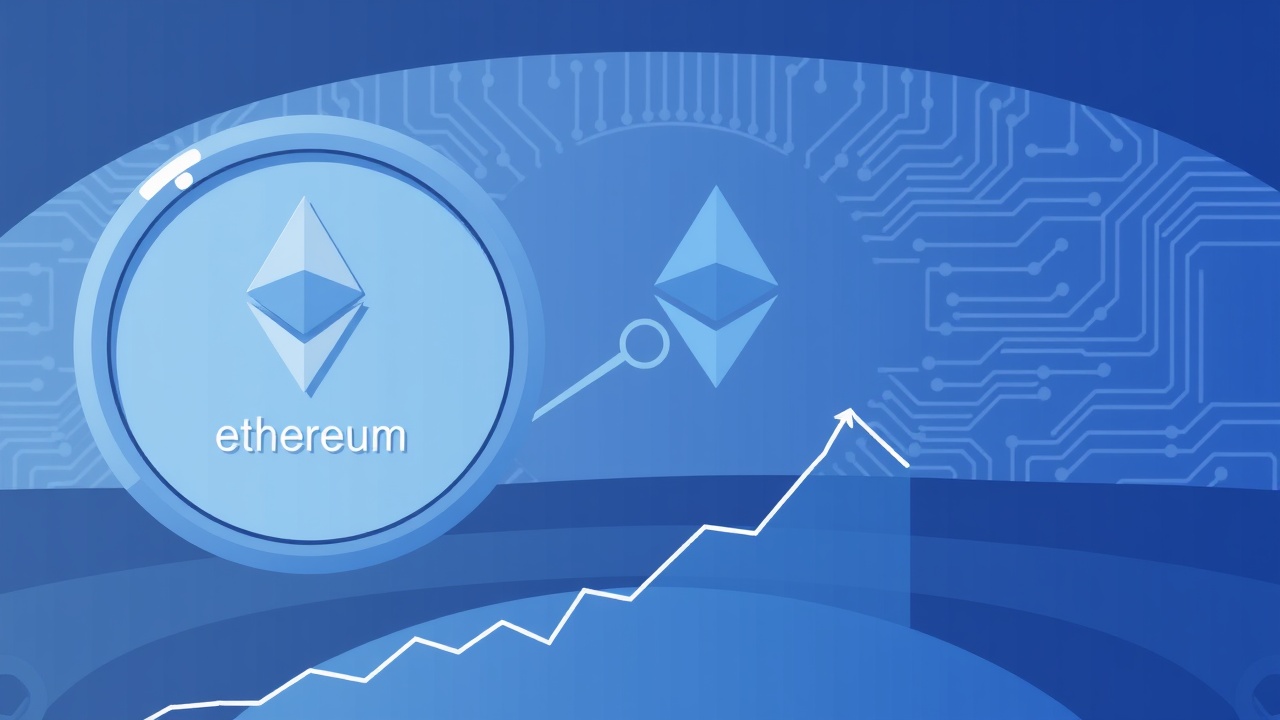Ethereum Gas Fees Plummet
On Sunday, gas fees on Ethereum’s layer-1 blockchain plummeted to a strikingly low 0.067 Gwei, reflective of the sluggishness in cryptocurrency markets following a significant downturn in October. Currently, the average expense for conducting a swap on Ethereum stands at a mere $0.11, while fees for non-fungible token (NFT) sales hit $0.19. Users can bridge digital assets to alternative blockchain networks for only $0.04, and on-chain borrowing presently incurs a cost of $0.09, as per data from Etherscan.
Historical Context of Fee Changes
This drop comes after Ethereum transaction fees peaked at 15.9 Gwei on October 10, coinciding with a flash crash that saw several altcoins lose over 90% of their value in just a single day. However, by October 12, these fees had sharply decreased to 0.5 Gwei, and they have largely remained below 1 Gwei throughout October and into November.
Concerns Over Long-Term Viability
While the reduced fees may entice traders and investors to execute on-chain transactions on the Ethereum base layer, experts in the cryptocurrency sector caution that these exceptionally low fees may create obstacles for the network’s long-term viability. Since 2024, Ethereum’s base layer has experienced a significant decline in revenue. During the crypto market’s euphoric rise in 2021, transaction costs could soar to over $150 during peak congestion, but the Dencun upgrade implemented in March 2024 effectively reduced fees, leading to a staggering 99% drop in revenue for Ethereum.
Criticism of Low Transaction Fees
Critics argue that perpetually low transaction fees are untenable for any blockchain, raising concerns regarding both financial sustainability and security. A lack of revenue could disincentivize validators and miners, whose roles are crucial for processing transactions and maintaining the security of the network. Because transaction fees are a reflection of user demand, the current low rates may indicate that users are shifting away from Ethereum.
Scaling Challenges
Ethereum’s approach to scaling, which heavily relies on a framework of layer-2 networks, has been characterized as a double-edged sword. While these networks facilitate scalability and enable Ethereum to keep pace with emerging, high-throughput blockchain competitors, they simultaneously siphon off revenues from the base layer, introducing further challenges within Ethereum’s own ecosystem, as reported by research from the crypto exchange Binance.




